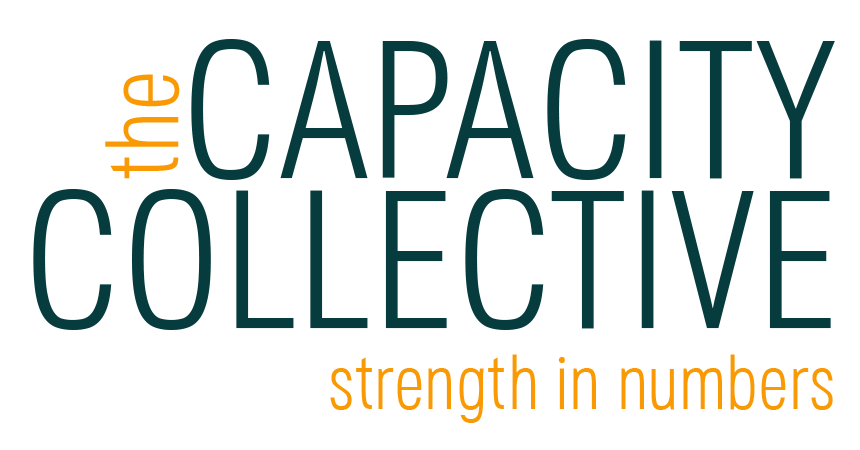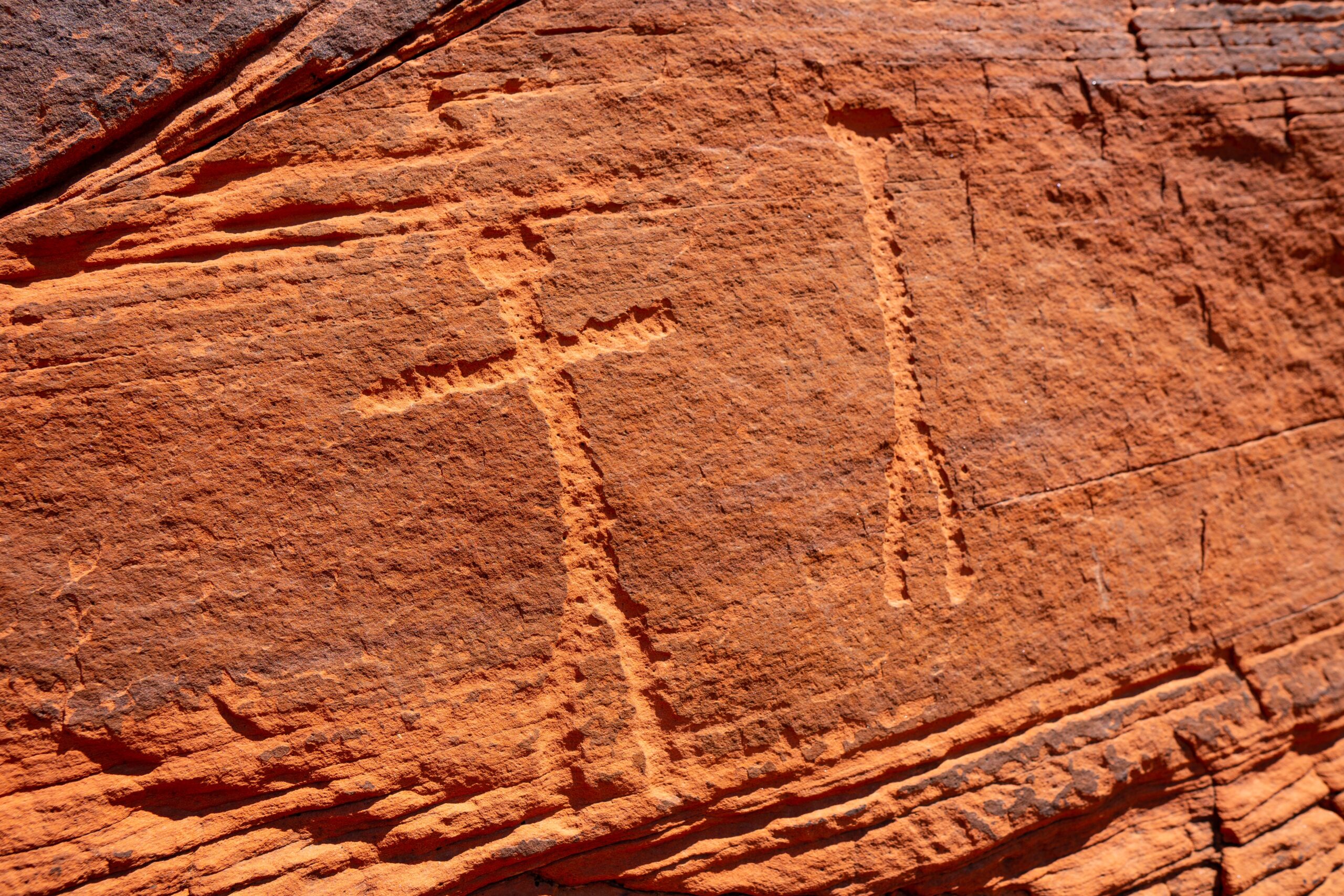Land Acknowledgements
Our team lives and works around the world, on the traditional (often unceded) land of many indigenous people, past and present. We honor with gratitude the stewards of these lands, and commit to building our practices in solidarity with these communities.
These acknowledgements do not take the place of authentic relationships with Indigenous communities, but serve as a first step in honoring the people who take care of the land we are on. Below is additional information for the lands on which we occupy to live and work.
Salt Lake City, Utah
Salt Lake City is the traditional and ancestral homeland of the Shoshone, Paiute, Goshute, and Ute Tribes of the Great Basin Region now called Utah, named for the Ute Tribe. You can learn more about the history of many of the peoples who have inhabited what is now known as Utah at the Utah American Indian Digital Archive.
You can learn more about the Northwest Band of Shoshone Nation, including current projects and fundraising activities, at their website.
You can learn more about the Paiute Indian Tribe of Utah, including news, projects and events, at their website.
You can learn more about the Confederated Tribes of the Goshute Reservation at their website. You can learn more about the work of the Goshute Housing Authority at their website.
You can learn more about the Ute Indian Tribe at their website. You can learn more about their current and recent actions at the Ute Indian Tribe Political Action Committee website.
Seattle, Washington
Seattle is on the traditional land of the Coast Salish people, specifically the Duwamish People, past and present.
Visit the Duwamish Tribe’s website to learn more about their history, culture today, events, ways to support, and more.
Learn more about paying rent to the Duwamish Tribe at Real Rent Duwamish.
Sign the petition for federal recognition for the Duwamish Tribe.
Colfax, Washington
Colfax is located on the traditional and ancestral homeland of the Palus (Palouse) people.
Today, many of the Palus people are enrolled in surrounding federally recognized tribes, including the Confederated Tribes and Bands of the Yakama Nation, the Colville Confederated Tribes, the Confederated Tribes of the Umatilla Indian Reservation and Nez Perce Tribe.
Heart of the Palus offers an illustrated history of the Palus people.
Asheville, North Carolina
Asheville, North Carolina occupies the historic land of three tribes – the Tsalagi, or Cherokee, the Miccosukee Creek, and the Uchee. Today these groups live on in three tribal nations of the Southeast – the Eastern Band of Cherokee Indians (in Cherokee, North Carolina); the Miccosukee Tribe of Indians of Florida (in Northern Florida); and the Savannah River Band of Uchee Indians (in Savannah, Georgia).
You can learn more about Cherokee/Tsalagi history at the Cherokee North Carolina website. You can learn more about the Cherokee/Tsalagi people today at the Eastern Band of Cherokee Indians website. Learn more about current and recent actions at the Indigenous Walls Project website.
You can learn more about Miccosukee Creek history and present at their website. You can learn more about current and recent actions at the Love the Everglades website.
You can learn more about Savannah River Band of Uchee Indians history and present at their website. You can learn more about the Yuchi Language Project on the project’s website.
Montevideo, Uruguay
The city of Montevideo occupies the land of the Charrúa Nation, which extends over the territory now known as Uruguay, Argentina (Entre Ríos) and Brazil (Rio Grande do Sul). The National Institution of Human Rights and Ombudsman’s Office (INDDHH) of Uruguay recognizes the genocide of the Charrúa Nation at Salsipuedes on April 11, 1831 and calls for the adoption of reparatory measures that recognize the historical violation of the collective human rights of indigenous peoples in Uruguay.
You can read historic information (in English) from El País. You can read more current information (in Spanish) at the Consejo de la Nación Charrúa de Uruguay website.
Learn more about the land you occupy at native-land.ca.

